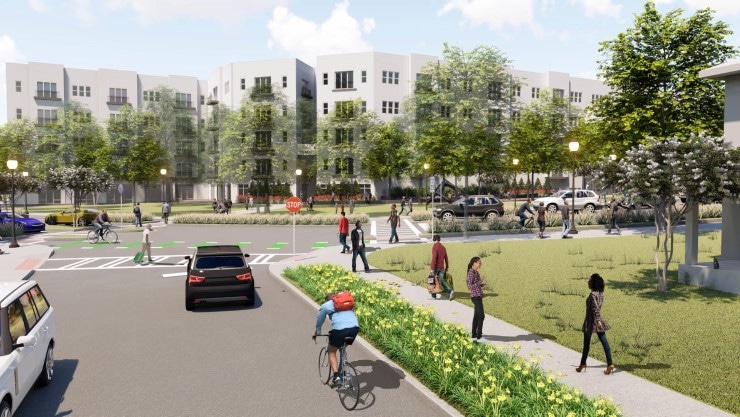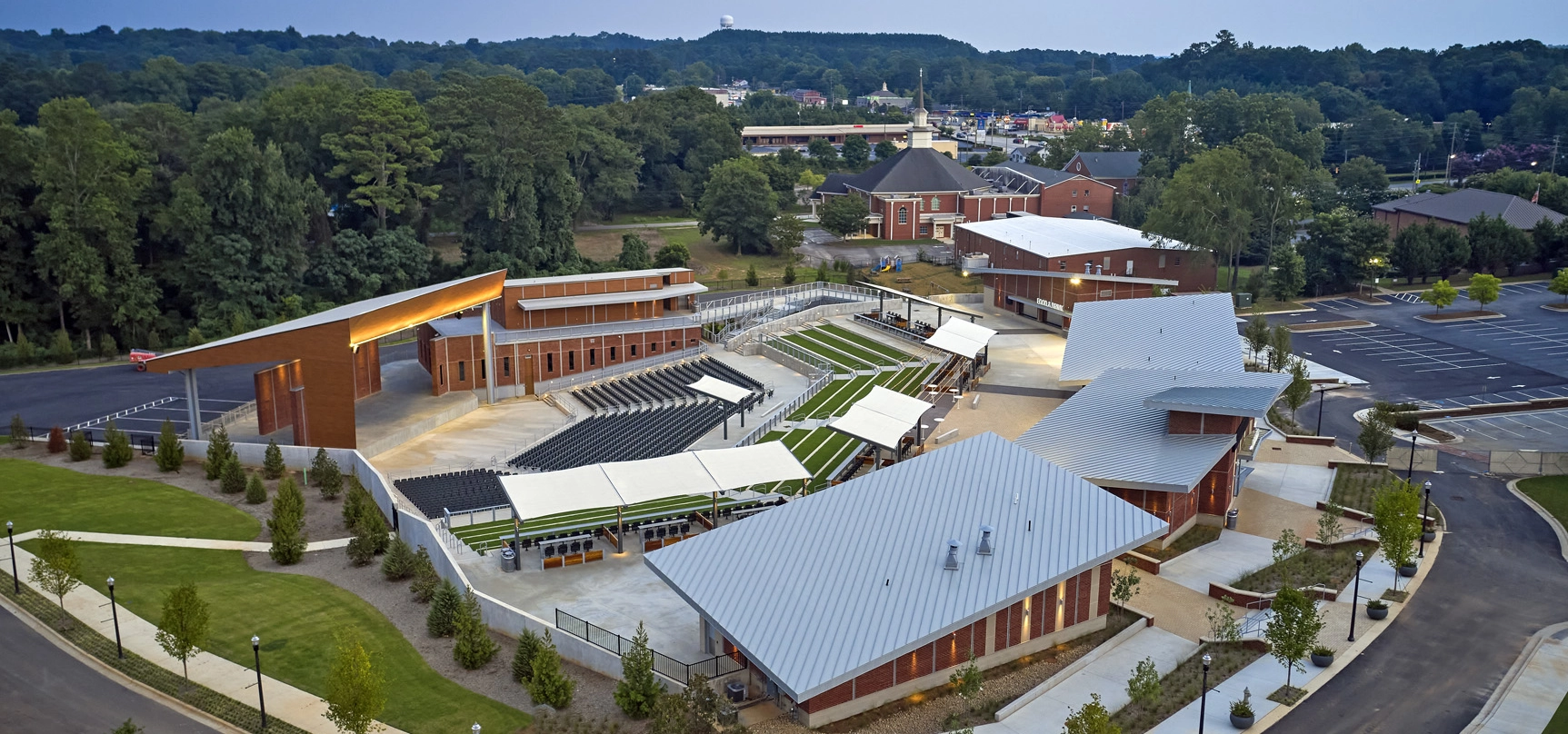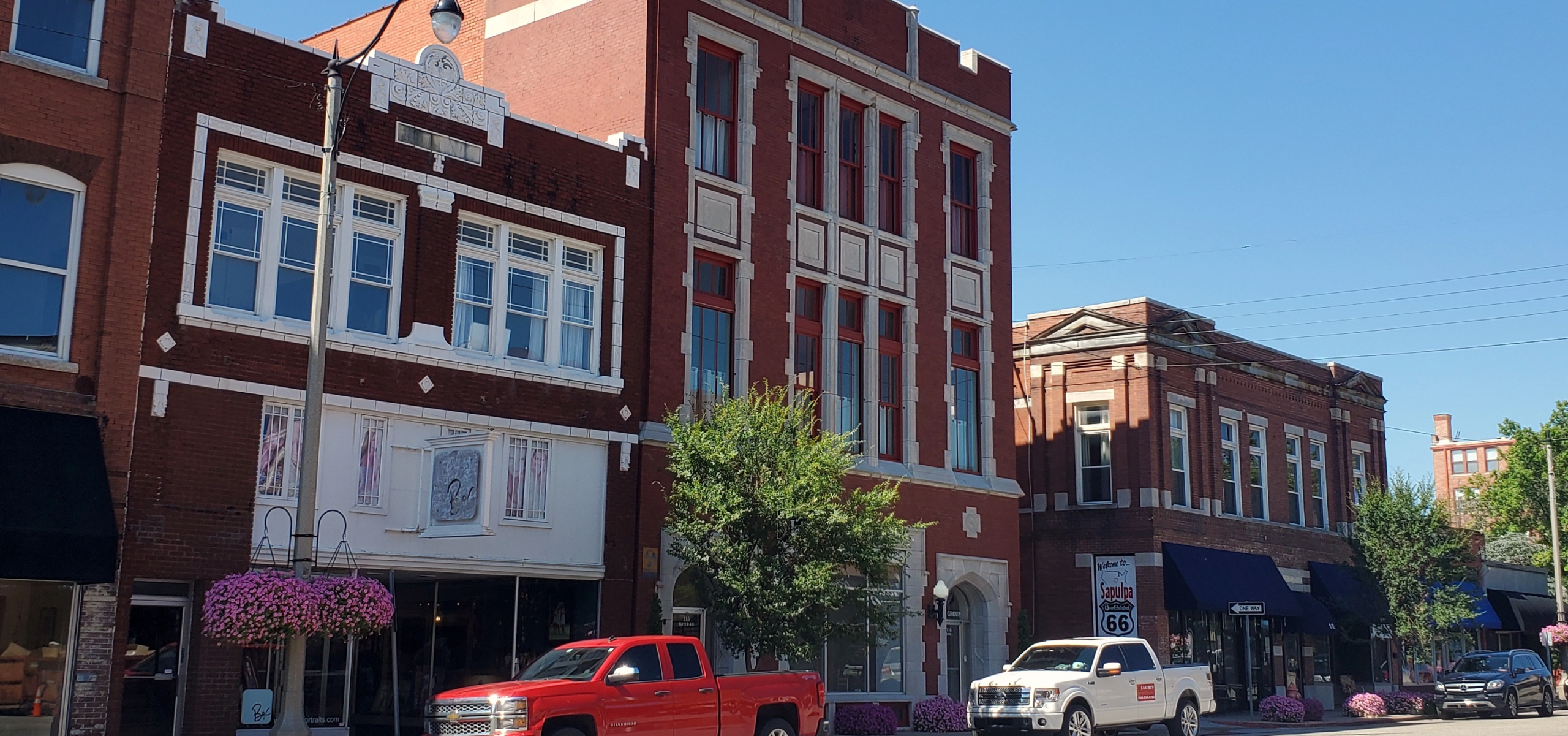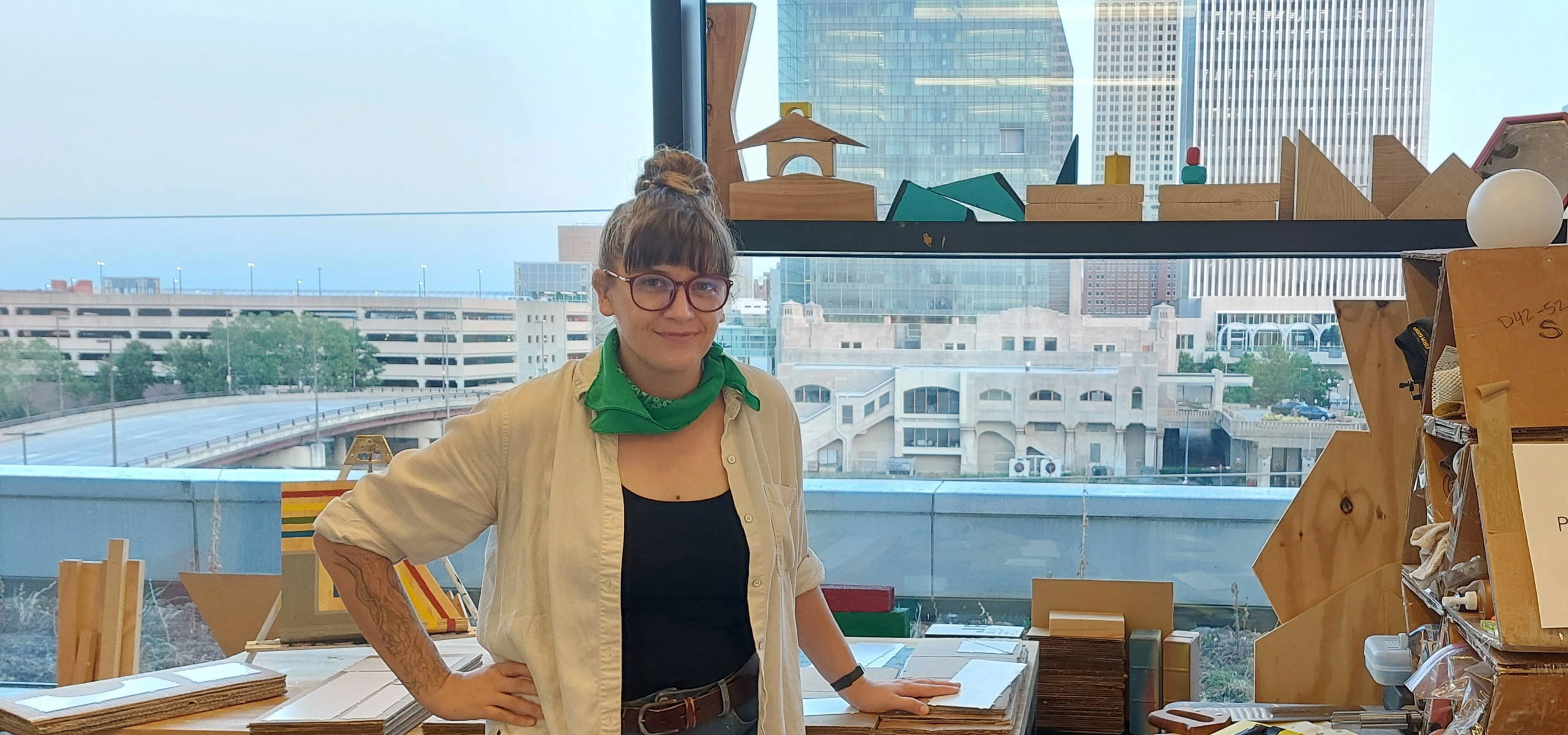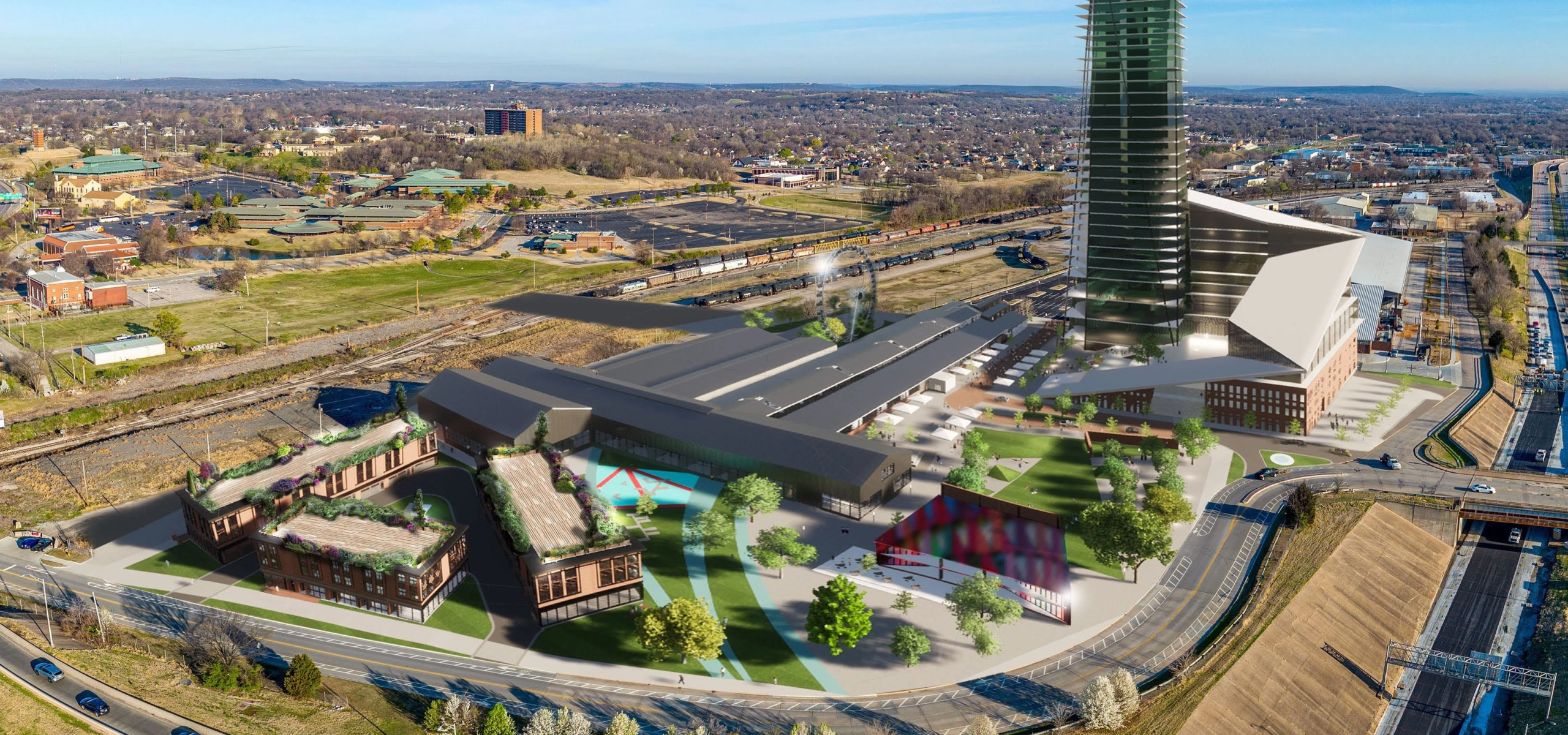City and urban planning is the process of designing and managing the development of cities and urban areas. It involves the coordination of land use, transportation, and other infrastructure to create livable, sustainable, and equitable communities.
One of the main goals of city and urban planning is to create livable and sustainable communities. This involves designing and managing the built environment to promote healthy and active lifestyles, reduce the environmental impact of development, and conserve natural resources. This can include designing walkable and bike-friendly streets, creating green spaces and parks, and promoting mixed-use development that allows people to live, work, and play in the same area.
Urban planners also play a crucial role in transportation planning. They work to create transportation systems that are efficient, safe, and accessible for all residents. This can include designing and managing public transportation systems, bike-sharing programs, and pedestrian-friendly streets. Planners also work to address the issues of traffic congestion, air pollution and carbon footprint caused by automobiles.
Another important aspect of city and urban planning is land-use planning. Urban planners work to ensure that land is used in the most efficient and equitable way possible. This includes managing the allocation of land for different uses, such as residential, commercial, and industrial development. It also involves creating zoning regulations that govern the types of development that are allowed in different areas of the city.
Equity and social justice are also key considerations in city and urban planning. Urban planners work to ensure that all residents, regardless of their income, race, or ethnicity, have access to the same opportunities and resources. This can include designing affordable housing, creating parks and recreational opportunities in low-income neighborhoods, and promoting economic development in disadvantaged areas.
In summary, city and urban planning is the process of designing and managing the development of cities and urban areas. It involves the coordination of land use, transportation, and other infrastructure to create livable, sustainable, and equitable communities. Urban planners play a crucial role in creating livable, sustainable, and equitable communities by ensuring efficient use of land, designing efficient transportation systems and promoting social justice.


